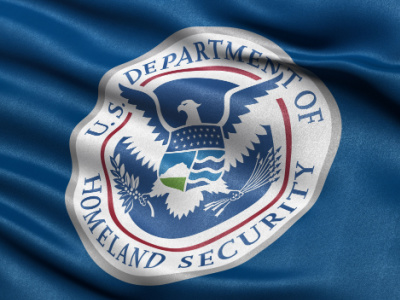Deferred action is a streamlined and expedited tool that can shield vulnerable migrant and immigrant workers from threats of deportation for reporting unsafe or exploitative employers. Employers taking advantage of risky work conditions need to be on notice of these new protections.
Temporary Protection and Employment Authorization
The Department of Homeland Security (DHS) has announced that a streamlined and expedited deferred action request is now available to noncitizen workers who are victims of labor rights violations and offers protections from threats of immigration-relation retaliation such as deportation. A noncitizen suffering from exploitive working conditions can now report unlawful activity to a labor agency requesting an investigation and can attain lawful employment authorization while the investigation takes place.
While deferred action does not automatically grant lawful status or excuse past unlawful presence, a noncitizen granted deferred action is considered lawfully present in the U.S. while deferred action is in effect. If deferred action is approved, it may be granted for up to two years at time, and workers can request an additional two-year period of deferred action, so long as the request is made 120 days prior to the expiration of the original granted period.
Pursuing Deferred Action Status
Noncitizen workers looking to pursue this route first report the violation of their labor rights to an agency related to labor complaints. The agency looks over the information relayed to them and determines if they are interested in preparing a statement of interest form. If so, such form is sent to DHS indicating that individuals working for the targeted employer need to be protected from deportation to be witnesses for their impending investigation. The employee is also granted a copy of this statement of interest, which the worker can use to request deferred status and employment authorization from DHS while the labor agency conducts its investigation of the employer.
Because of the nature of the investigation, noncitizen workers also working for the employer can request these protections and be granted deferred action status as their cooperation can potentially be vital to the labor agency’s investigation.
Protections Can Apply to Noncitizens in Removal Proceedings
Deferred action status also extends to individuals currently in removal proceedings or who have a final order of removal. In this scenario, U.S. Citizenship and Immigration Services (USCIS) forwards requests to the U.S. Immigration and Customs Enforcement for consideration.
Under these regulations, an individual whose case has achieved deferred status is eligible to receive employment authorization so long as they demonstrate an economic necessity for employment. While deferred action can be renewed for periods of two-years, it’s important to note that DHS can terminate this status at any time, at its discretion.
What to Expect as an Employer Receiving an Investigation Notice
Employers that receive notice from a federal, state, or local labor agency of an impending investigation should engage labor counsel and cooperate with the investigating agency without retaliating against any individuals it suspects may have made the report to avoid potential fees or further complications stemming from the investigation. Employers should also review their personnel records and hiring procedures to ensure they are in compliance with applicable labor and immigration laws.
Hiring workers who have received employment authorization documents (EADs) under these new regulations remains straight forward. Individuals under deferred action status can be treated as any new hire, with presentation of an EAD falling under List A for I-9 acceptable documentation. You will need to reverify employment authorization at the expiration of the EAD depending on whether the worker has extended their deferred action status or pursued alternative means of citizenship.
Seeking out deferred action status can be a powerful shield for migrant workers dealing with unsafe and exploitive labor conditions and can help lead to legitimate employment authorization. This policy marks a significant shift toward ensuring immigrant workers are protected from retaliation for speaking out about labor violations and should continue to be a powerful tool moving forward.
Jacob Monty is a managing partner of Monty & Ramirez, LLP. He can be reached at jmonty@montyramirezlaw.com.

